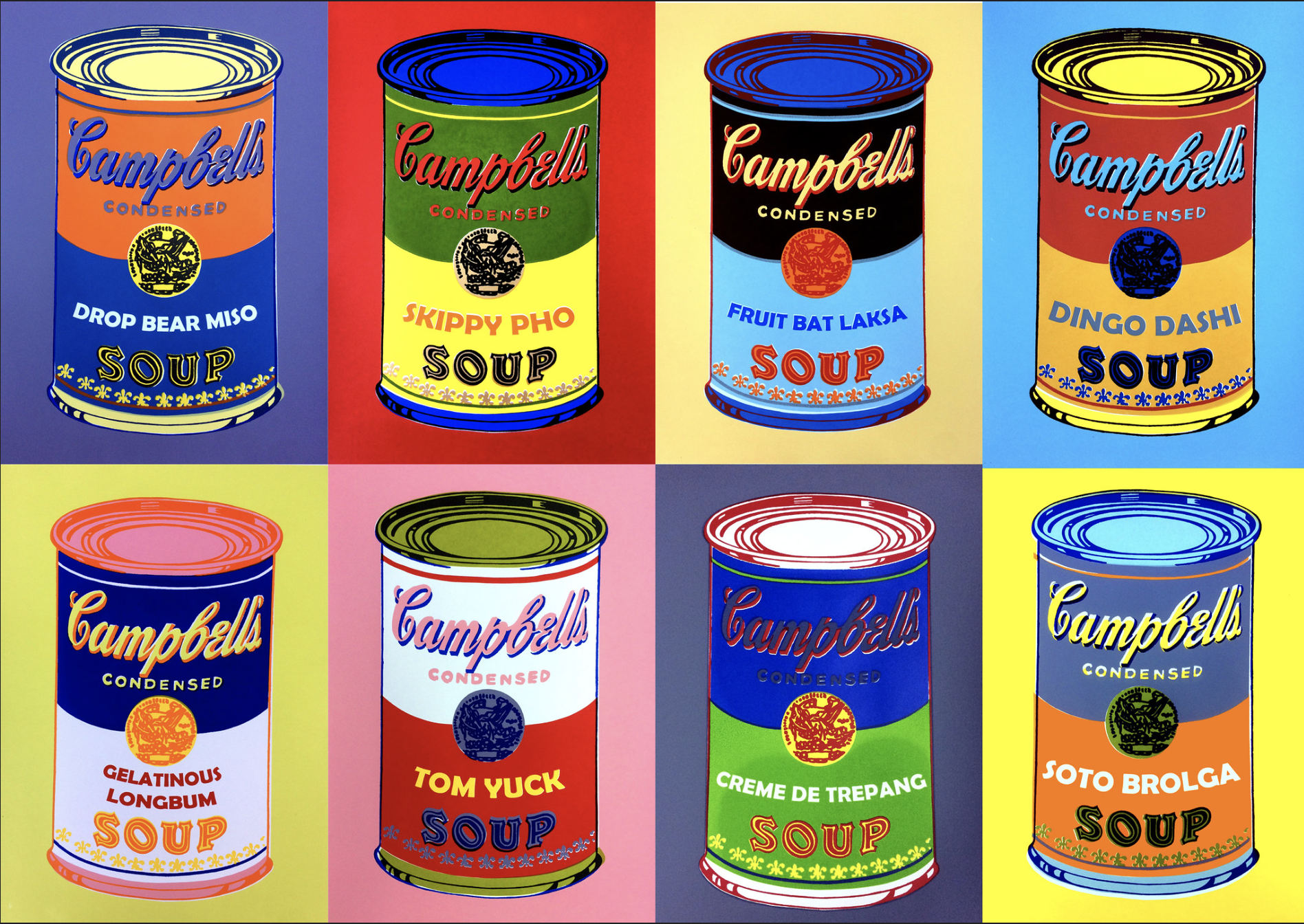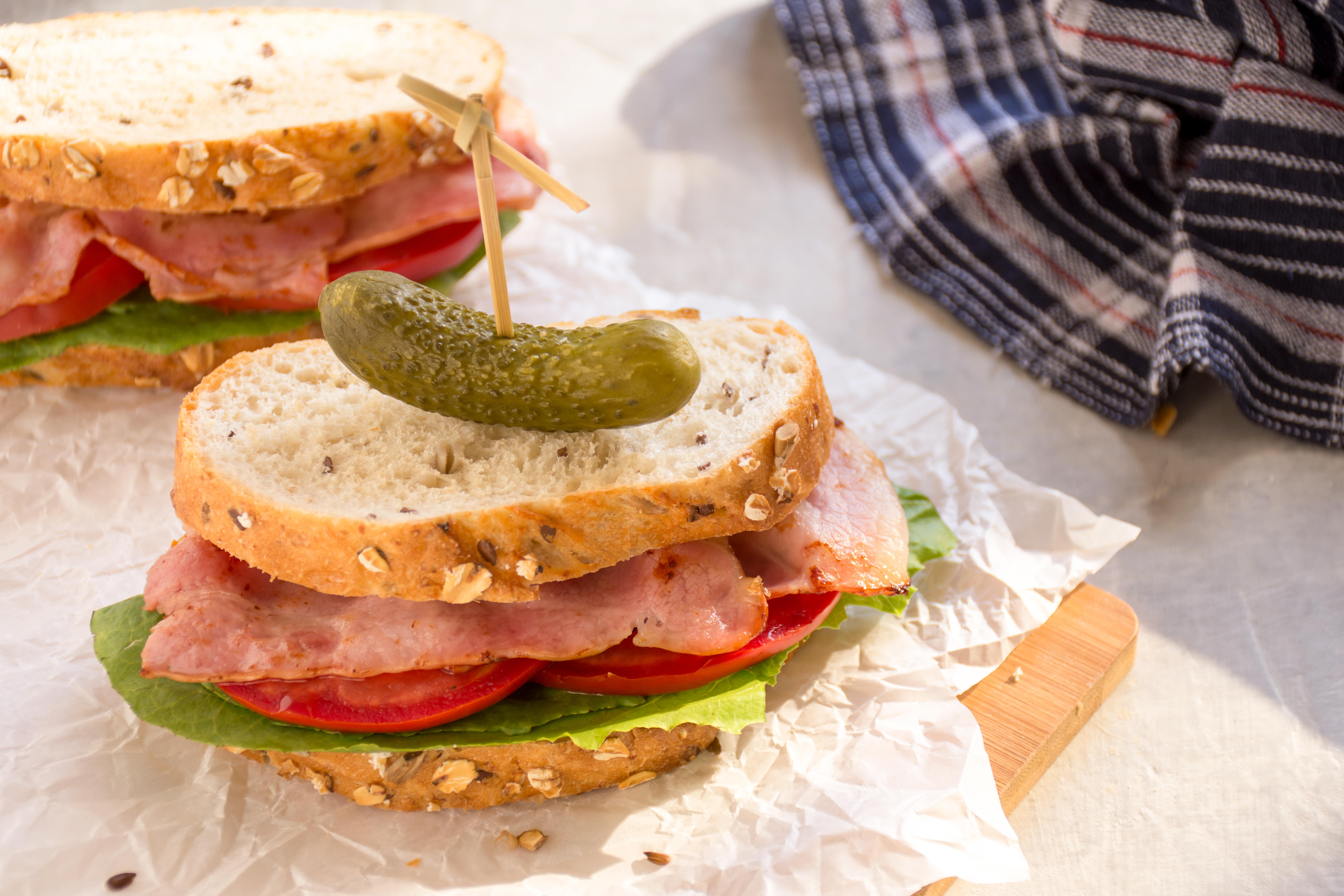11 Inflammatory Ingredients Hiding in Your Favorite Processed Foods
In our quest for convenience, our kitchens have become unwitting hosts to stealthy saboteurs. Your favorite processed foods – those quick meals, vibrant snacks, and tempting treats – often harbor a dark secret: a cocktail of inflammatory ingredients expertly disguised behind appealing packaging and clever marketing. These are not just benign additives; they can silently fuel chronic inflammation, the simmering internal fire linked to a host of health issues. It's time to pull back the curtain and become a food detective. We've expanded our investigation to expose 11 specific inflammatory culprits commonly lurking in your groceries, revealing how they hide and why they harm. Prepare to arm yourself with knowledge and reclaim your well-being, one label at a time.
1. The Sugar Overload Syndicate (Beyond Just "Sugar")

Sugar isn't just the white crystals; it's an undercover agent with dozens of aliases like high-fructose corn syrup, dextrose, maltodextrin, and evaporated cane juice, hiding in everything from your "healthy" yogurt and bread to savory sauces and salad dressings. This excess sugar triggers a cascade of inflammatory responses, promoting insulin resistance, weight gain, and an environment where chronic diseases thrive. Its ingenious disguise allows it to infiltrate nearly every aisle, making constant vigilance and label-reading your best defense against this sweet but insidious fire-starter.
2. Artificial Trans Fats: The Clogged Artery Architects (Partially Hydrogenated Oils)

Though their use is declining, artificial trans fats – often listed as "partially hydrogenated oils" – are masters of disguise in processed foods like margarines, shortenings, packaged baked goods, and fried fast foods. Created to extend shelf life and improve texture, these fats are inflammatory villains. They raise LDL ("bad") cholesterol, lower HDL ("good") cholesterol, and promote arterial inflammation, directly increasing heart disease risk. Even "0g trans fat" labels can be misleading if PHOs are present in small amounts per serving.
3. Refined Carbohydrates: The Stripped-Down Saboteurs (White Flour & Its Kin)

White bread, pasta, sugary cereals, and most baked goods are built on refined carbohydrates – grains stripped of their beneficial fiber and nutrients. Your body digests these "empty" carbs rapidly, causing sharp spikes in blood sugar and insulin. This rollercoaster effect fuels inflammation and oxidative stress. Food manufacturers ingeniously use these cheap, shelf-stable flours to create appealing textures, but they offer little nutritional value, instead paving the way for energy crashes, cravings, and a pro-inflammatory internal environment.
4. Artificial Food Dyes: The Rainbow Ruse

Those dazzling blues, vibrant reds, and electric yellows in candies, drinks, cereals, and even some medications? They often come from artificial food dyes (e.g., Red No. 40, Yellow No. 5). Derived from petroleum, these synthetic colorants are purely cosmetic, offering no nutritional value. Emerging research and anecdotal reports link some dyes to increased inflammation, allergic reactions, and hyperactivity in sensitive individuals, particularly children. Their ingenious use is to make processed items visually irresistible, masking less appealing natural hues.
5. Omega-6 Overload: The Unbalanced Oil Attack (from Industrial Seed Oils)

While some Omega-6 fatty acids are essential, modern processed foods – fried items, baked goods, salad dressings, margarines – are flooded with them from cheap industrial seed oils like soybean, corn, sunflower, and safflower oil. This creates a massive imbalance with anti-inflammatory Omega-3s. This lopsided ratio promotes a chronic pro-inflammatory state in the body, contributing to many modern diseases. It’s an ingenious cost-saver for manufacturers, but a hidden health cost for consumers.
6. Monosodium Glutamate (MSG) & Its Hidden Cousins: The "Umami" Overdrive

MSG is the notorious flavor enhancer that gives foods an irresistible "umami" or savory kick. While some tolerate it fine, for others, it can trigger inflammatory responses, headaches, and other adverse reactions. Ingeniously, it also lurks under less obvious names like "hydrolyzed vegetable protein," "autolyzed yeast extract," or "natural flavors" in countless processed foods, from chips and soups to frozen meals and restaurant dishes, making it a widespread, often undetected, source of potential inflammation.
7. Excessive Sodium: The Stealthy Pressure Cooker

It’s not just the salt shaker on your table; the vast majority of our sodium intake comes hidden in processed and restaurant foods. Canned soups, deli meats, frozen dinners, sauces, and even bread can be loaded with it. Manufacturers use sodium ingeniously for flavor and preservation. However, this chronic overload contributes to high blood pressure, strains the cardiovascular system, and can promote a low-grade inflammatory state, making it a pervasive, often underestimated, health risk.
8. Gluten Overload (in Ultra-Processed Forms for Some): The Modern Wheat Woe

For individuals with celiac disease or non-celiac gluten sensitivity, gluten (a protein in wheat, barley, rye) triggers significant inflammation. But even for others, the highly processed, de-natured forms of gluten found ubiquitously in modern processed foods—from fast food buns to commercial baked goods and snacks—can contribute to gut irritation and a pro-inflammatory environment due to their rapid digestion and interaction with gut bacteria, a far cry from traditionally prepared whole grains.
9. A1 Casein (in Specific Dairy): The Contentious Cow Protein

Casein is a primary protein in cow's milk. However, the A1 beta-casein variant, common in milk from many Western cow breeds, releases a peptide called BCM-7 during digestion. For some individuals, BCM-7 is linked to digestive discomfort and increased inflammatory markers. While A2 milk (from specific breeds) is gaining popularity as an alternative, most conventional processed dairy products – from cheese sauces to milk powders in snacks – utilize A1 casein, a potential hidden trigger for inflammation in susceptible people.
10. Artificial Sweeteners: The Deceptive Diet Decoys (Aspartame, Sucralose, etc.)

Marketed as "guilt-free" sugar alternatives, artificial sweeteners like aspartame, sucralose, and saccharin are pervasive in diet drinks, "sugar-free" snacks, and light yogurts. However, mounting research suggests these non-caloric chemical sweeteners can negatively impact gut bacteria, potentially leading to glucose intolerance, metabolic disruption, and even increased inflammation. Their ingenious trick is fooling your taste buds while possibly setting up your body for other health battles, making them a deceptive choice.
11. Highly Refined Vegetable Oils: The Oxidation Instigators

Beyond just the Omega-6 imbalance, common vegetable oils like soybean, corn, canola, and cottonseed oil used extensively in processed foods are often highly refined using heat and chemical solvents. This processing can strip nutrients and create unstable fats prone to oxidation, especially when repeatedly heated (as in fried foods). Oxidized fats are highly inflammatory and damaging to cells. Their cheapness and neutral flavor make them an ingenious go-to for food manufacturers, but a constant source of low-grade inflammation for consumers.
Reclaiming Your Plate, Revitalizing Your Health

The modern food landscape is a minefield of hidden inflammatory ingredients, ingeniously woven into the processed foods that promise convenience. But armed with awareness of these 11 culprits—from deceptive sugars and refined oils to artificial additives—you now hold the power to sidestep these dietary saboteurs. This isn't about food fear; it's about food freedom through informed choices. By diligently reading labels, prioritizing whole, unprocessed foods, and questioning what's really in your meal, you can dramatically reduce your inflammatory load. Every conscious swap is a step towards a more vibrant, healthier you, proving that real nourishment begins when you unmask what's truly on your plate.